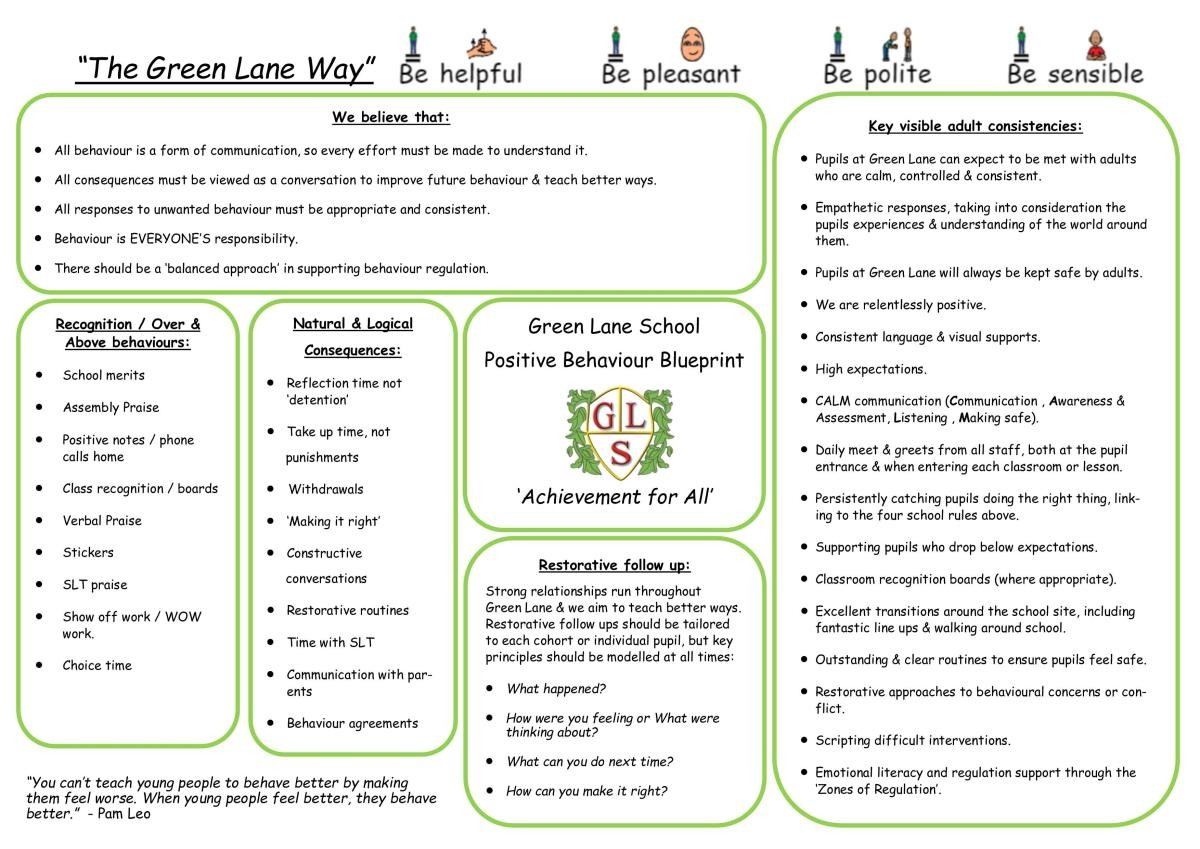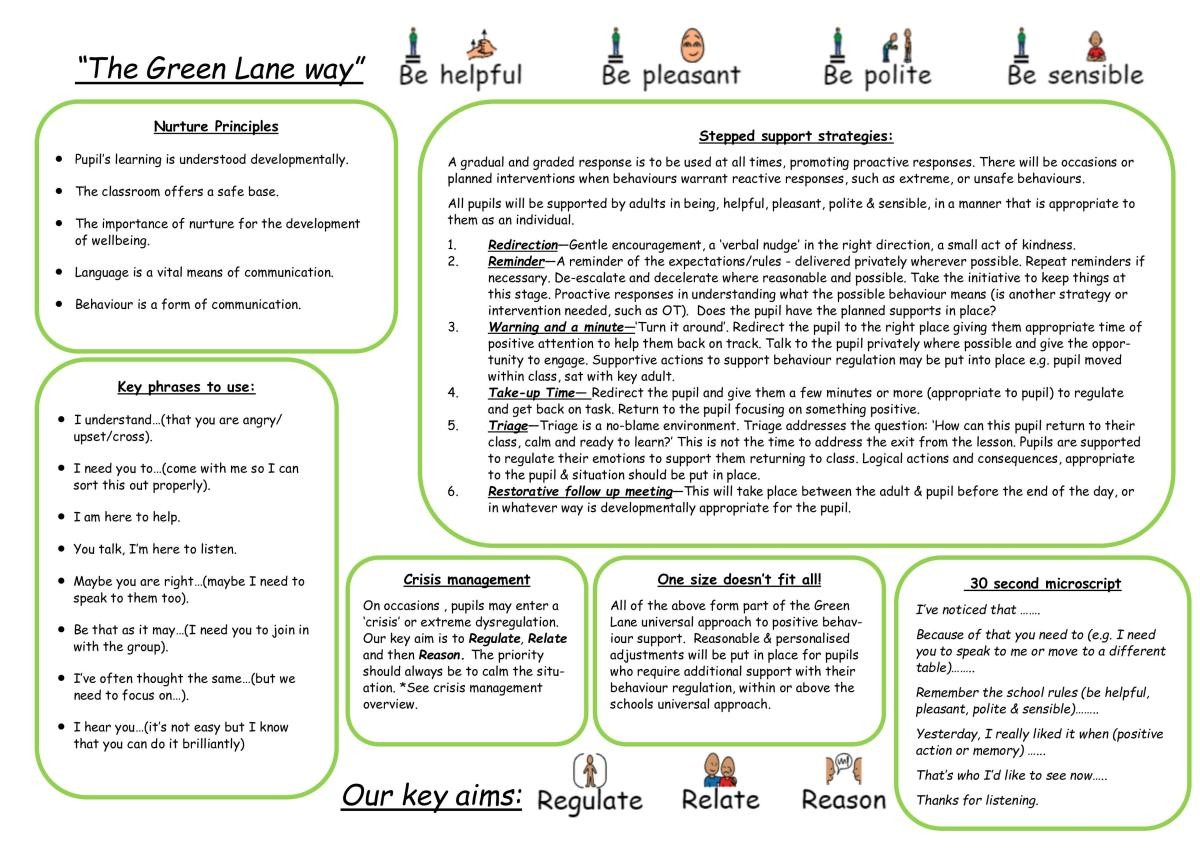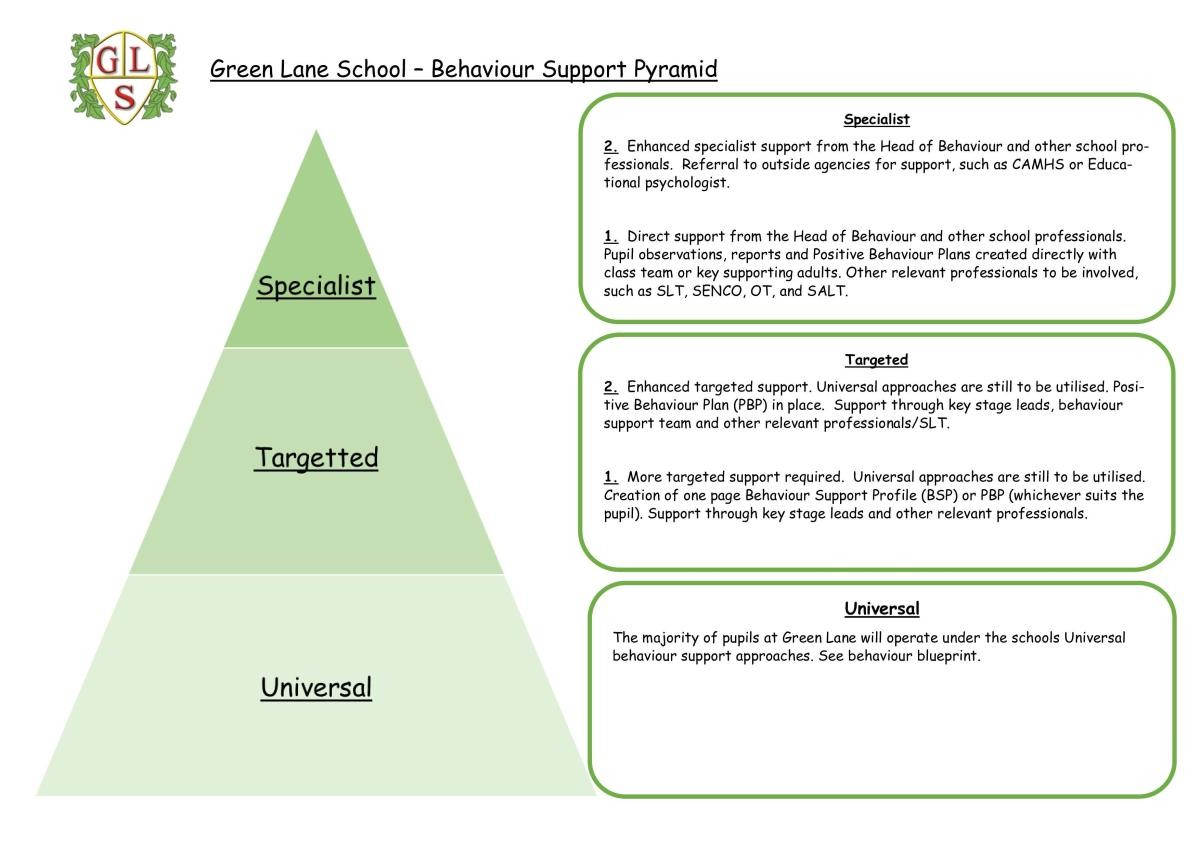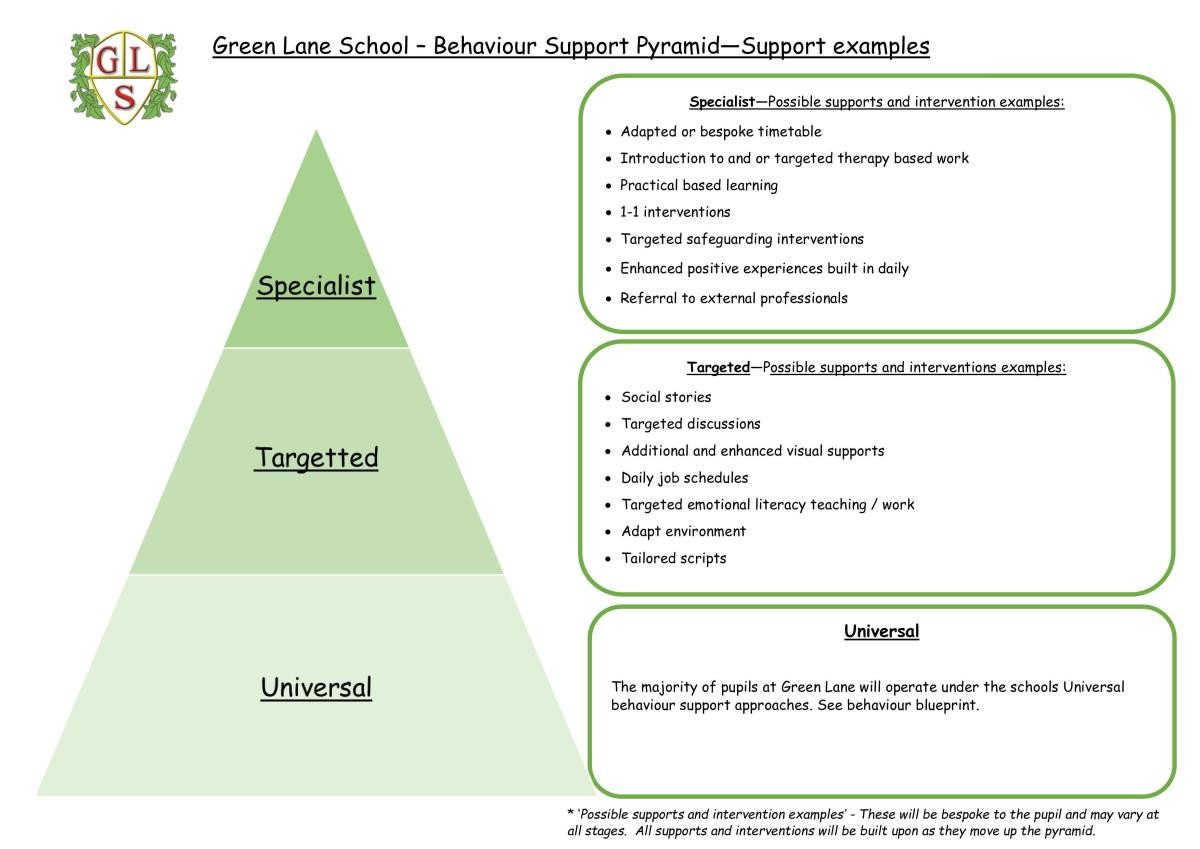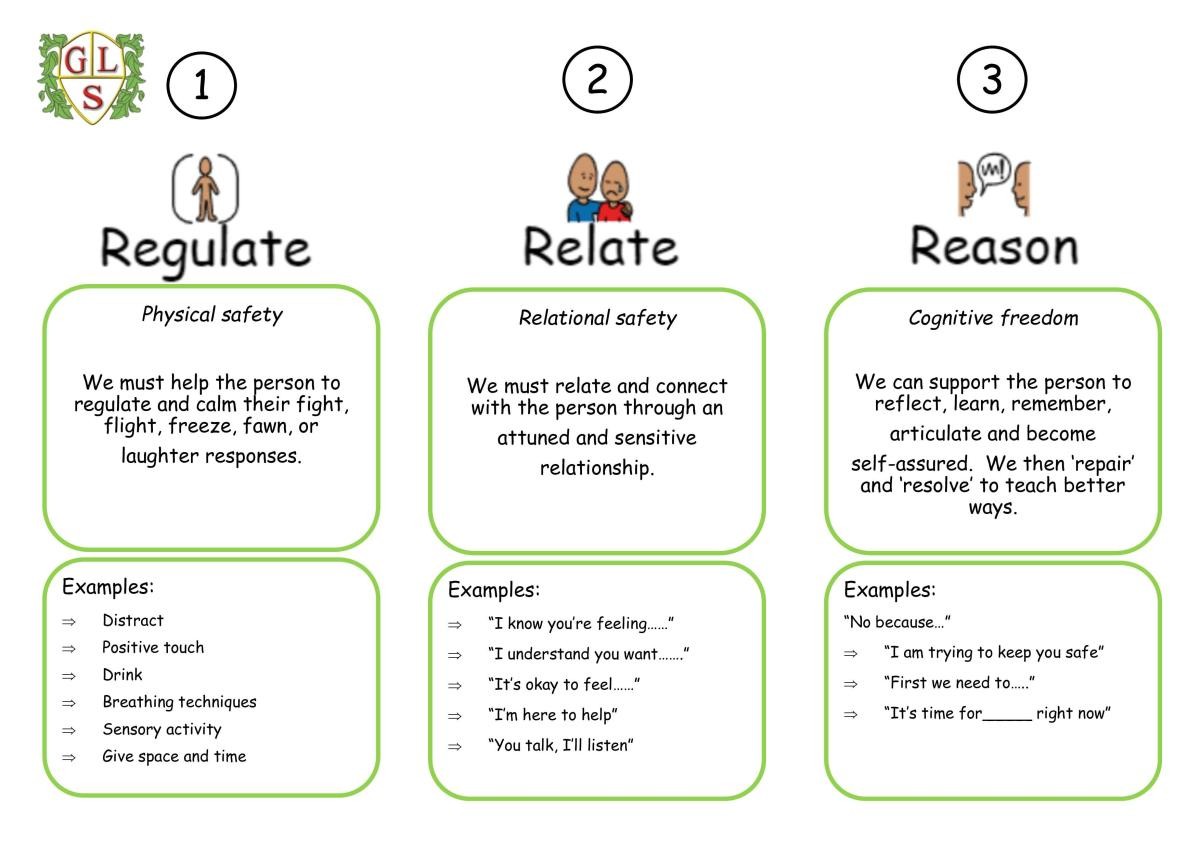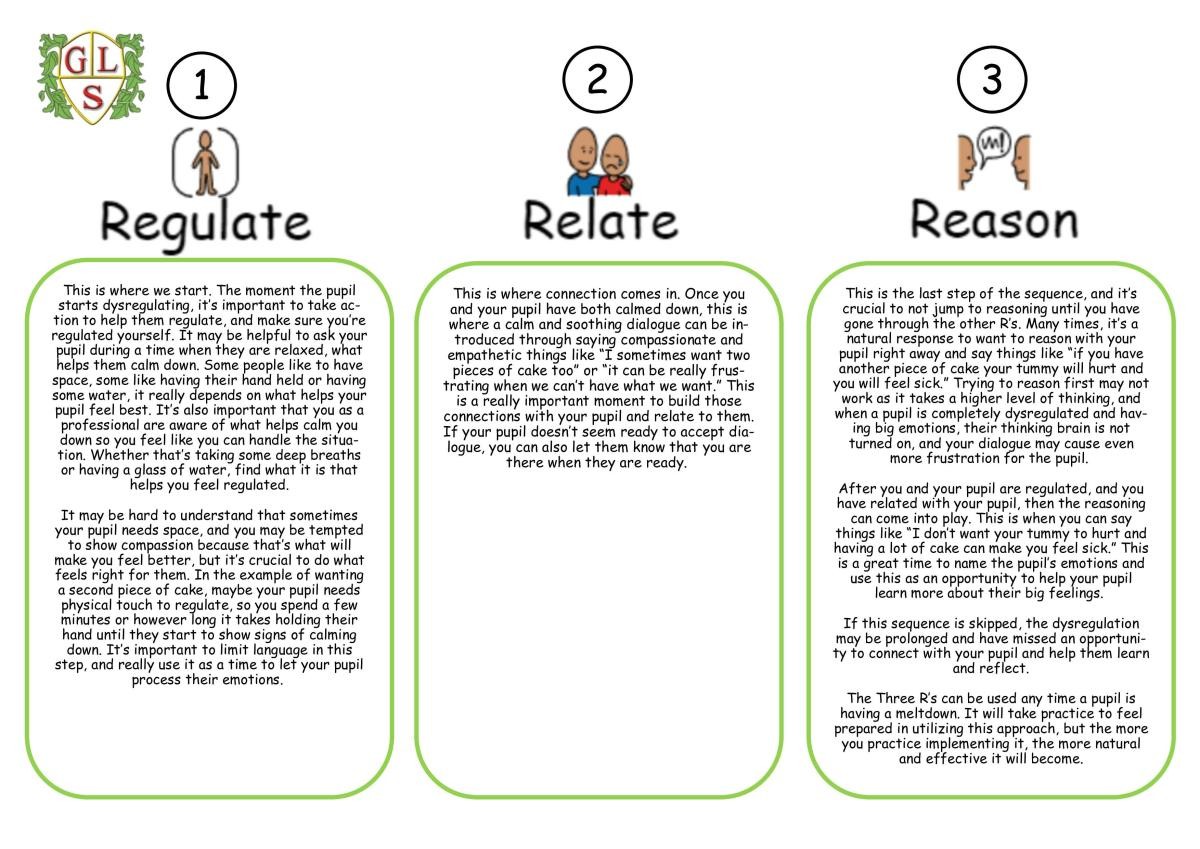
Mr M Gaskell
Head of Behaviour / Assistant Autism Lead
- office@greenlaneschool.co.uk

Mrs J Capewell
Assistant Headteacher / Head of Autism
- office@greenlaneschool.co.uk

Mrs L Owen
Head of Lower School / EYFS lead
- office@greenlaneschool.co.uk

Mr A Garrod
Owl Class Teacher
Advanced Team Teach Tutor Contact: 01925 811617
- office@greenlaneschool.co.uk

Miss L White
Family Support officer / Safeguarding team member
- office@greenlaneschool.co.uk
Mrs Andrea Machin
Behaviour Governor link / Chair of Governors
- office@greenlaneschool.co.uk

